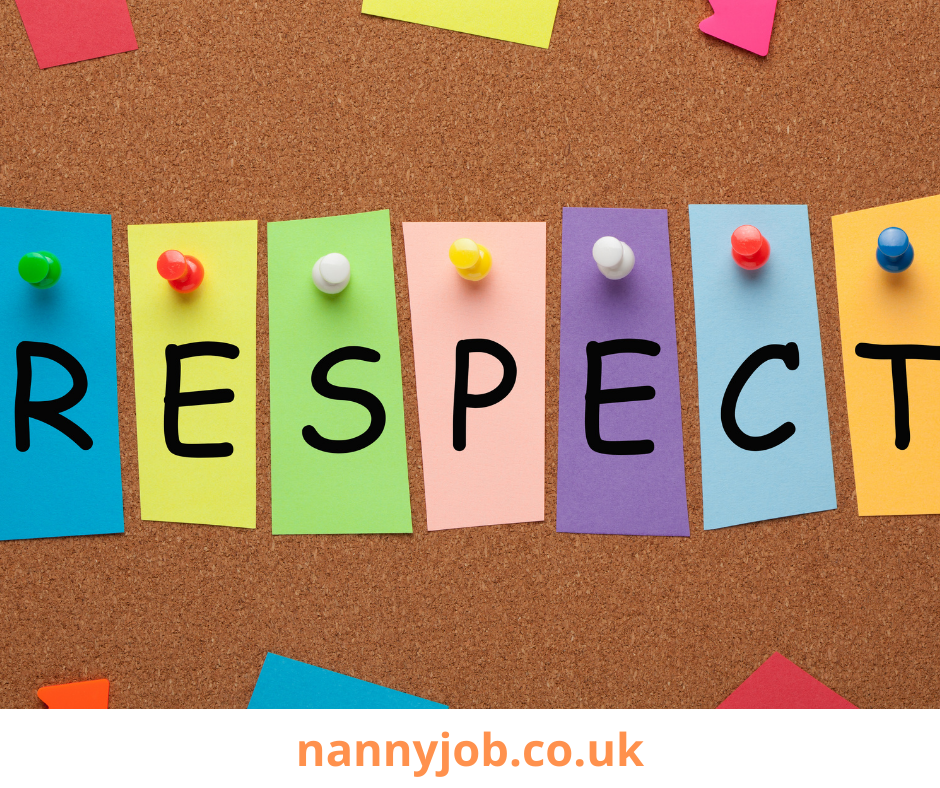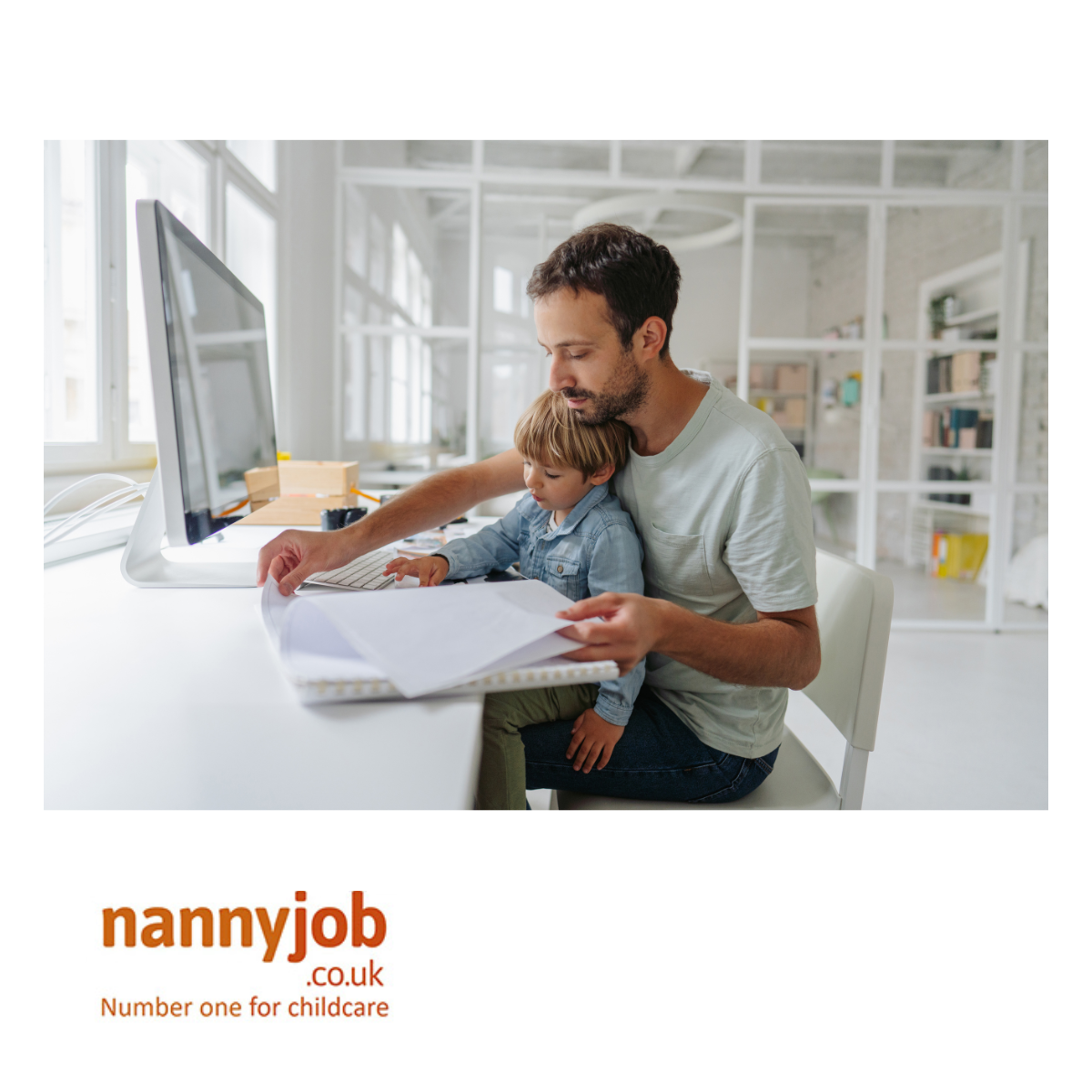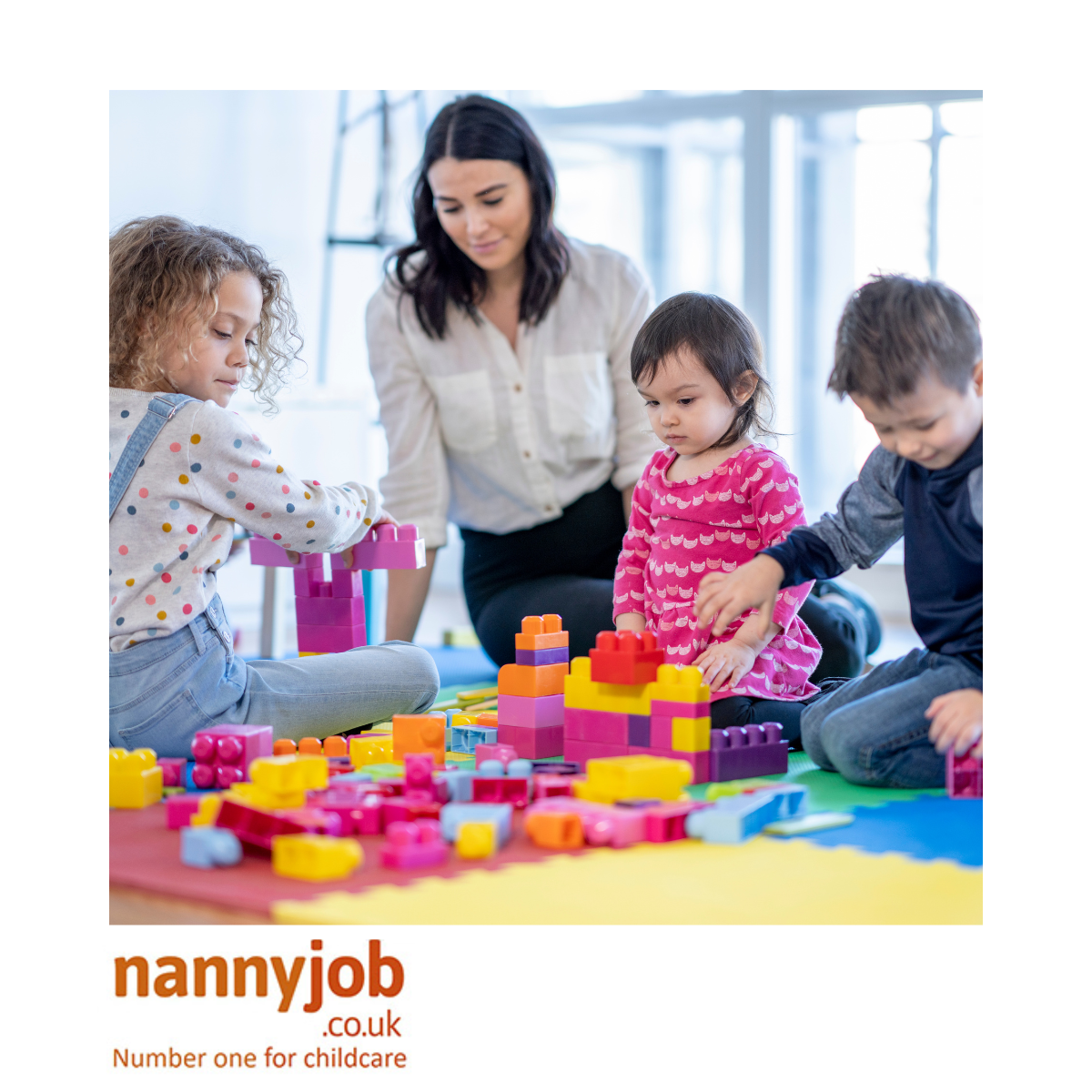School summer holidays can be an exciting but challenging time for nannies, as they need to find ways to keep children entertained and engaged without breaking the bank. With six weeks of no school, the money can seem to evaporate quickly. But fear not! We have compiled a list of tips and ideas for nannies in the UK to help you stretch your budget and make the most of those summer days without emptying your wallet.
Plan:
Make a schedule of activities for each week, considering the interests of the children you’re caring for. This will help you prioritise your spending and avoid last-minute, costly decisions.
Utilise Local Libraries:
Local libraries often offer free or low-cost activities and events during the school holidays. From storytelling sessions to craft workshops, there’s bound to be something for every age group.
Explore the Great Outdoors:
Nature provides endless opportunities for fun and learning. Take advantage of local parks, woodlands, and beaches for picnics, nature walks, or scavenger hunts.
Go on a Bike Ride:
Cycling is a fantastic way to explore your local area while keeping children active. You can plan a route that includes a fun destination, like a park or a playground.
Visit Free Museums and Galleries:
Many museums and galleries across the UK offer free entry. They provide a fantastic opportunity to educate children on history, art, and culture in an engaging way.
Check for Vouchers and Discounts:
Keep an eye out for vouchers and discounts on family attractions, available in newspapers, magazines, or online.
Get Creative at Home:
Set up DIY craft stations or organize a home-based baking day. These activities can be both educational and fun, without costing a fortune.
Arrange Playdates:
Teaming up with other nannies or families can help keep costs down by splitting the expenses for outings or activities.
Utilise Community Events:
Check your local community centre or council website for information on free or low-cost events happening during the holidays.
Practice Mindful Spending:
Prioritise experiences over material items and focus on creating lasting memories rather than accumulating stuff.
With careful planning and creativity, nannies can make the most of the school summer holidays while sticking to a budget. By exploring free and low-cost activities, you’ll be able to provide a fun, educational, and engaging experience for the children in your care.











